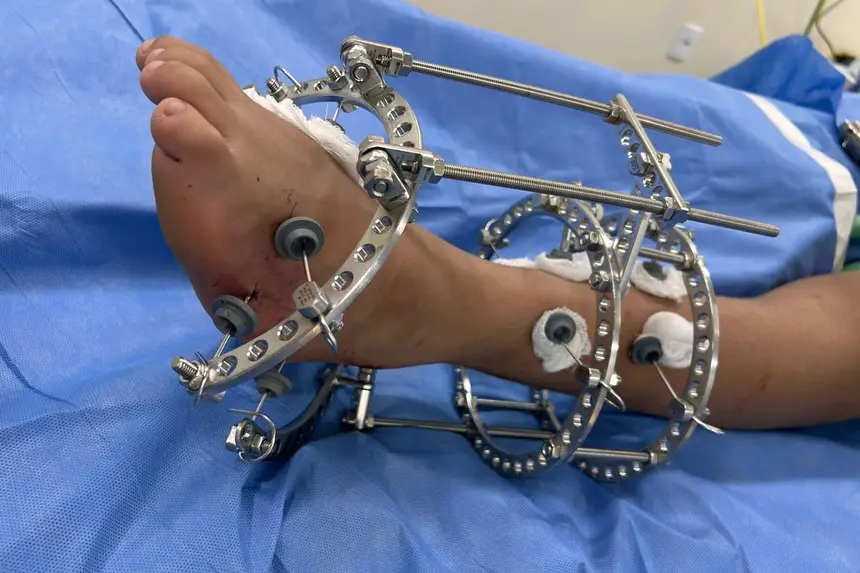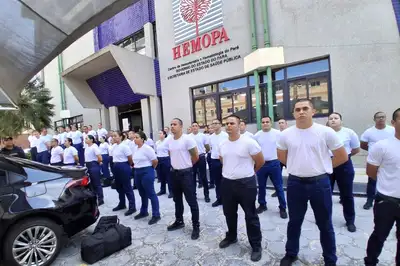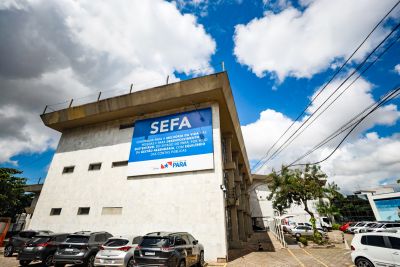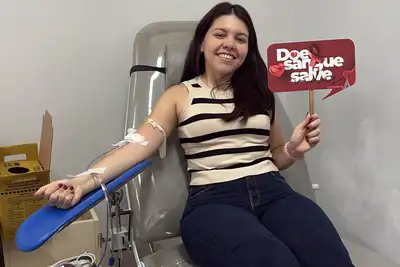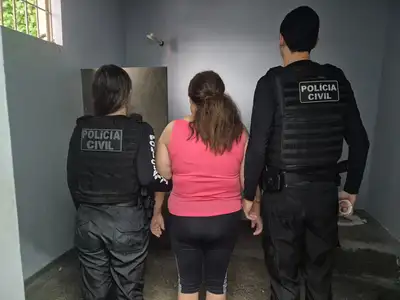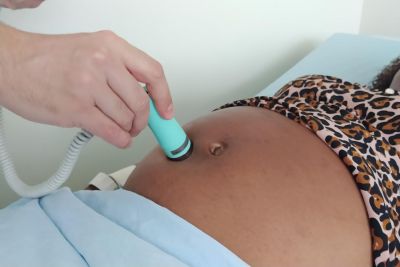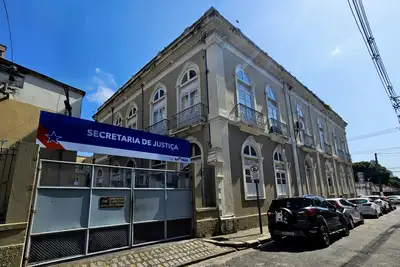Galileu Hospital is a reference in the surgical treatment of congenital clubfoot
In Greater Belém, the unit serves pediatric and adult patients and ensures specialized surgeries with excellent results

A reference in orthopedics in Pará, the Galileu State Public Hospital (HEPG), located on Márcio Cova Avenue in the Una neighborhood of Belém, has been standing out for performing specialized surgeries to correct congenital clubfoot in young people and adults. The deformities affect the plantigrade position of the feet from birth and can compromise mobility and foot function throughout life if not treated early and correctly.
Orthopedist Marcus Preti, a specialist at the hospital, explains that congenital clubfoot is a structural malformation of the leg, ankle, and foot in which the foot can be in varying degrees of equinus, varus supinated as if it were twisted.
“It is a condition that does not have a single defined cause but can be associated with several factors with changes during fetal formation, still in the womb. The diagnosis can already be made in the womb or shortly after birth. The ideal is to start treatment in the first days of life with the use of casts performed by a pediatric orthopedist,” explained Dr. Preti.
However, many cases reach adulthood without any type of treatment. “The lack of guidance, social and economic difficulties, and the absence of specialists in some regions lead parents to stop seeking treatment, believing that the problem will resolve itself over time, which is not true,” said the orthopedist.
According to the doctor, when the deformity persists into adulthood, the complications are severe: chronic pain, calluses, early osteoarthritis, difficulty walking and wearing shoes, frequent falls, functional limitation. “The impact on quality of life is significantly poor, and surgery becomes the main treatment option in these cases,” emphasized Preti.
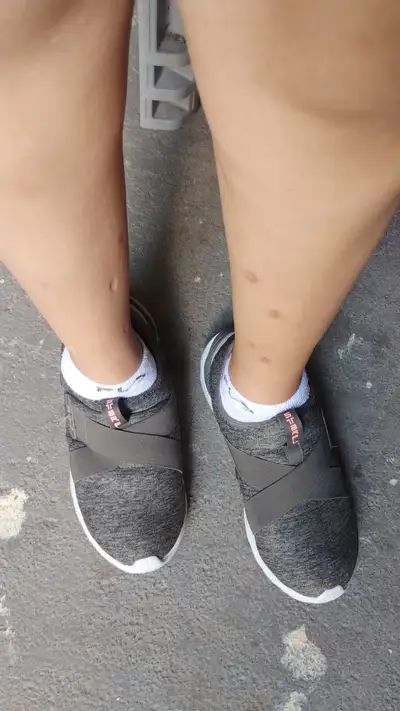
Transformed Life
Alessandra Maia Dias, 30 years old, a resident of Salinas, was born with a deformity in both feet that affected her mobility since childhood. Referred to Galileu Hospital, she underwent surgical procedures using the Ilizarov external fixator, a technique that uses a circular external fixator to correct bone deformities, promoting better positioning of the foot and consequently improving function and quality of life.
"I went to the health center in my city because my foot swelled a lot and it was difficult to walk. The doctor who attended me said that if it continued like this, I could even lose the ability to walk. That’s when he referred me to Galileu,” reported Alessandra Dias.
After a clinical evaluation at the Government of Pará unit, surgery was indicated. “At first, I was scared, but after reflecting, I decided to face the procedure. When I woke up and saw the fixators on my foot, I confess I was scared, but I knew it was necessary. The process was not easy, especially psychologically, but with everyone's support, I adapted,” she emphasized.
Today, after the entire process, Alessandra celebrates the new phase of her life. “I am immensely grateful to the Galileu team. The surgery not only fulfilled a dream but also brought a true transformation to my health. My mobility has improved considerably. Now I can walk, exercise, and live with more dignity,” reported patient Alessandra Maia Dias.
The treatment offered by Galileu Hospital for young people and adults living with congenital clubfoot and its sequelae uses, among other associated techniques, a highly specialized surgical technique: the Ilizarov method — the same one used in Alessandra's case. The approach employs a circular external fixator attached to the bone through wires and pins pierced by a circular ring and rods, allowing for gradual and precise correction of the deformity, performed by the patient themselves.
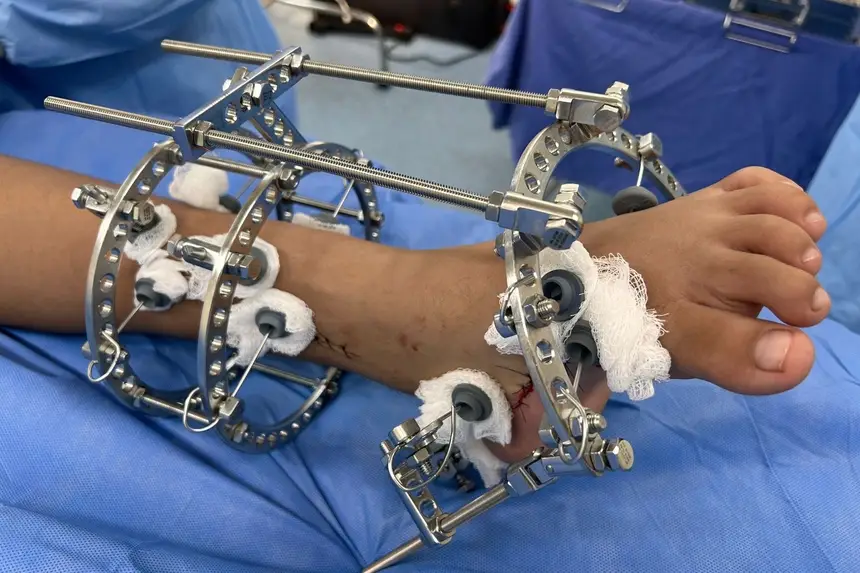
According to orthopedist Marcus Preti, the surgery lasts about one to two hours and has shown satisfactory results. “The goal is to achieve the plantigrade position of the foot, that is, with full support on the ground, which improves gait, reduces pain, and prevents complications such as calluses and early osteoarthritis,” explained the doctor.
Indicated especially for complex cases, or those neglected in childhood or due to complications from other types of treatments, the technique allows not only functional recovery but also restoration of self-esteem and quality of life for patients. “Each case is evaluated individually; each foot presents different deformities from one patient to another, and in a multidisciplinary and humanized way, we have satisfactory results at the end of the treatment,” highlighted Marcus Preti.
The Bone Reconstruction and Lengthening service at Galileu Hospital reinforces the unit's role as a state reference in high-complexity care. The hospital expands access to treatments that promote functional rehabilitation and restore dignity to those who have lived for years with physical limitations.
Profile - The unit is managed by the Social and Environmental Institute of the Amazon (ISSAA), in partnership with the State Department of Public Health (Sespa). HPEG is among the best hospitals in Brazil, with satisfaction rates of nearly 100% and ONA level 3 certification, accredited with excellence in safety criteria, integrated management of processes, and excellence in administration.


